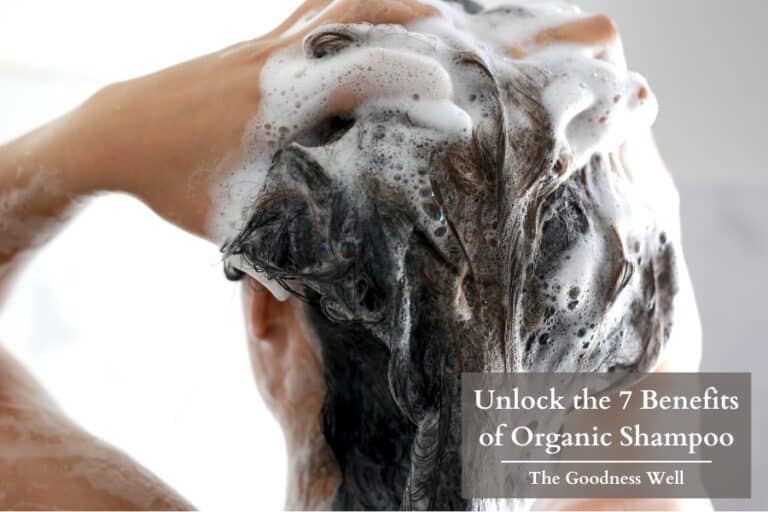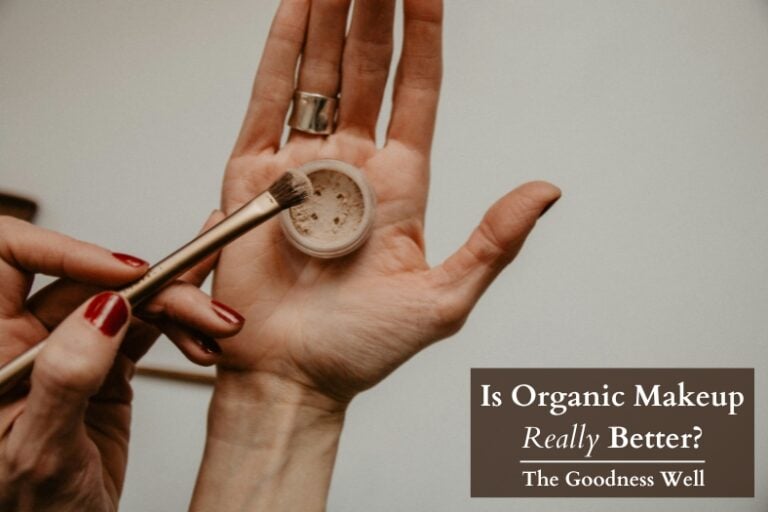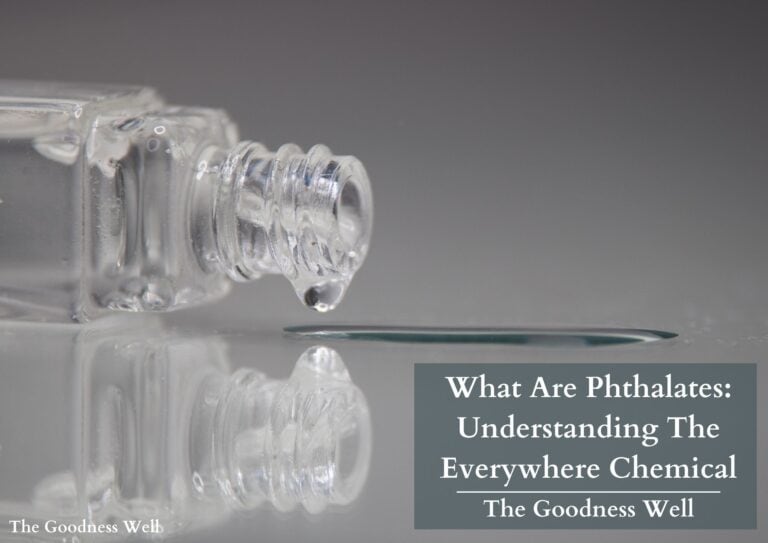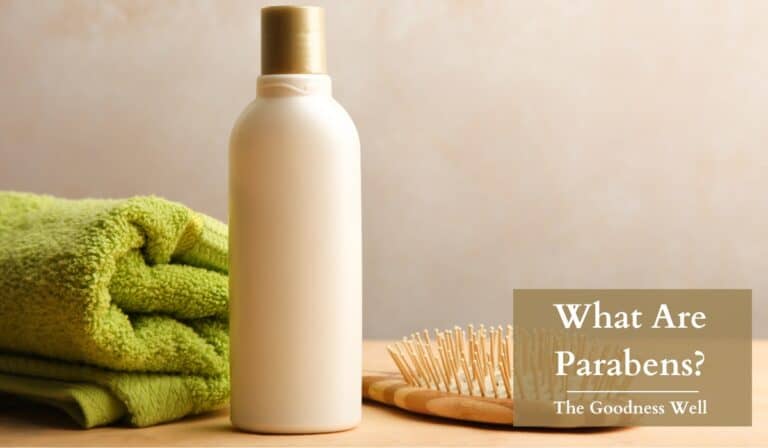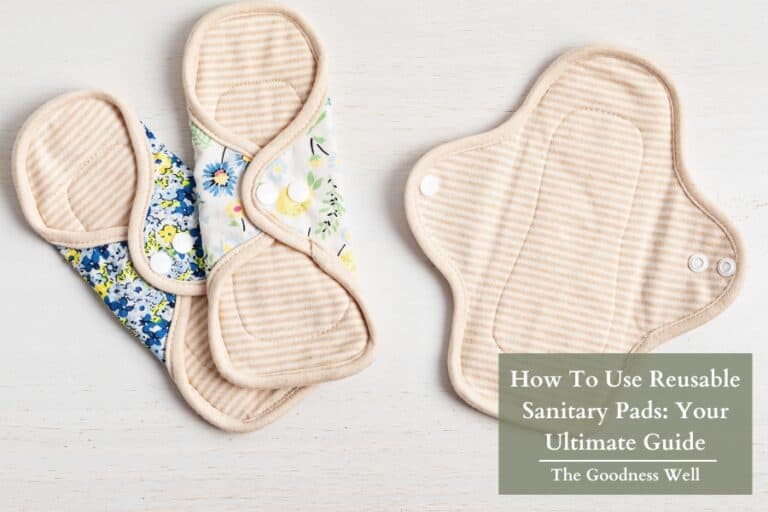The 7 Benefits Of Organic Soaps That Will Make You Switch
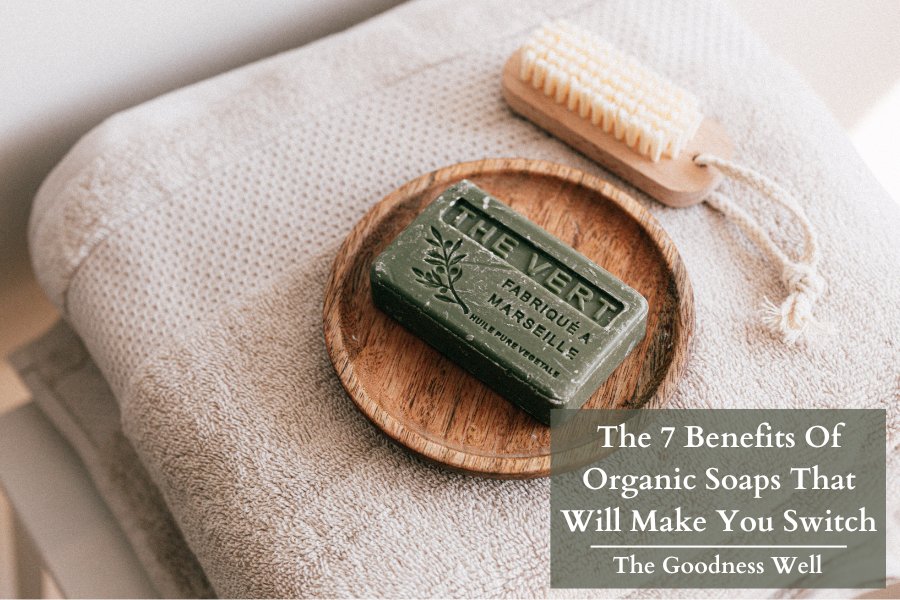
Soap is something we all use every day (hopefully).
But have you ever stopped to wonder what’s in the soap you use to clean even the most sensitive areas of your body? 🤔🧼
The ingredients in your soap can make or break the health of your skin and even your overall well-being.
Trust me I know…. Switching to organic soap was a game-changer for me. When I switched one of the first things I noticed was that I had no more allergic reactions or headaches from overpowering artificial fragrances.
And even that’s just the tip of the iceberg!! Let’s get into the benefits of organic soaps and why you need to make the switch ASAP.
TL;DR
The 7 Benefits of Organic Soaps:
- Non Toxic Benefits
- Improved Skin Health with Natural Ingredients
- Better for the Environment
- No Fragrances or Dyes
- Hydrated Skin
- Support for Local and Small Businesses
- Customizable Options
1. NonToxic Benefits
Because organic soaps are made without harsh synthetic chemicals and toxic substances you have a lower risk of exposure to the types of ingredients found in conventional soaps.
The epidermis(our outer layer of skin) acts as a skin barrier.
However, some skincare and beauty products including soaps are made with permeation enhancers or penetration enhancers aka chemicals made to pass through the skin barrier and can enter our bloodstream.

The problem is that some of these penetration enhancers allow ingredients that are harmful to pass through your skin barrier as well.
Choosing soaps made using organic and safe ingredients can protect your skin on the outside and safeguard your health on the inside.
2. Improved Skin Health with Natural Ingredients
Because organic soaps are made with natural ingredients like olive oil, coconut oil, and shea butter, these soaps are gentle on the skin and can even prevent dryness and irritation.
Shea butter is my favorite, especially when I’m dealing with my seasonal dry skin in the winter.
I can find shea butter in conventional and organic soaps but with organic options, I know I’m getting shea butter harvested without pesticides.
All the nutrients I want without all the chemicals I don’t. 👍🏽
3. Better for the Environment
So when I say organic soap is better I’m not just talking about body soap. I mean all soaps, from bar soap, hair, hands, laundry, and dish soap.
Thanks to COVID-19 more and more people consider handwashing important. Which means more soap is being used.
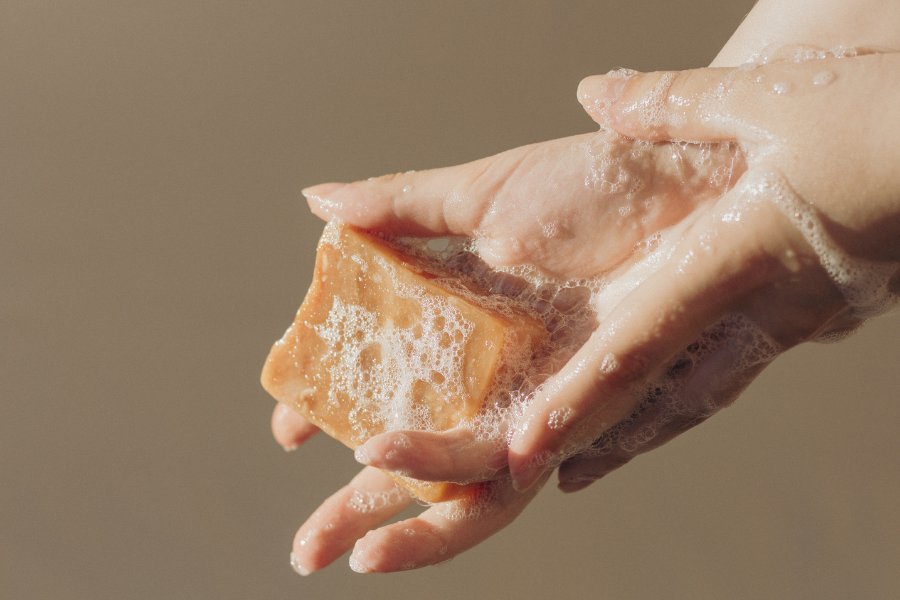
Conventional soap that contains toxic and persistent ingredients made from petrochemicals, has led to serious environmental concerns.
When someone washes with these types of products, they release pollutants directly into the sewage system and eventually into our natural environments.
This pollution can affect water quality and harm plant and animal life because of the toxic and persistent nature of these soap ingredients.
Organic soap is a better option for the environment because it’s made from natural, biodegradable ingredients that don’t harm ecosystems.
And when they are washed away they break down naturally and much easier than synthetic soaps.
4. No Synthetic Fragrances or Dyes
Most conventional soaps contain synthetic fragrances that contain phthalates and dyes or colorants that contain other harmful substances.
But not organic soaps!!
Natural soaps are made either unscented or with natural essential oils or herbs.
Natural soaps that have organic colorants get their colors from plants instead of artificial additives, reducing the risk of allergies and health problems.
5. Hydrated Skin
The natural soap-making process preserves glycerin, a humectant that attracts moisture to the skin, helping it to remain hydrated and soft.
Not saying you won’t need lotion lol but you’ll definitely be able to tell the difference.
Now of course choosing soaps with natural hydrating ingredients can help improve dry skin but not all soaps conventional or organic contain these types of ingredients.
If you’re wanting natural soap that’ll help keep you hydrated make sure it has glycerin and other natural ingredients that help your skin absorb and trap in moisture.
6. Support for Local and Small Businesses
Most of the conventional soaps you can buy at the store are from large unethical companies and brands (*cough cough* Dove, Johnson & Johnson, etc.). But when you purchase organic soaps, it often means supporting small and local artisans.
These types of small businesses usually use traditional soap-making methods that involve natural ingredients and ethical sourcing.
Through a simple purchase like buying soap, you can contribute to your local economy and community.
7. Customizable Options
Because organic soaps are often made using a traditional method in small batches, there’s a lot of room for customization.
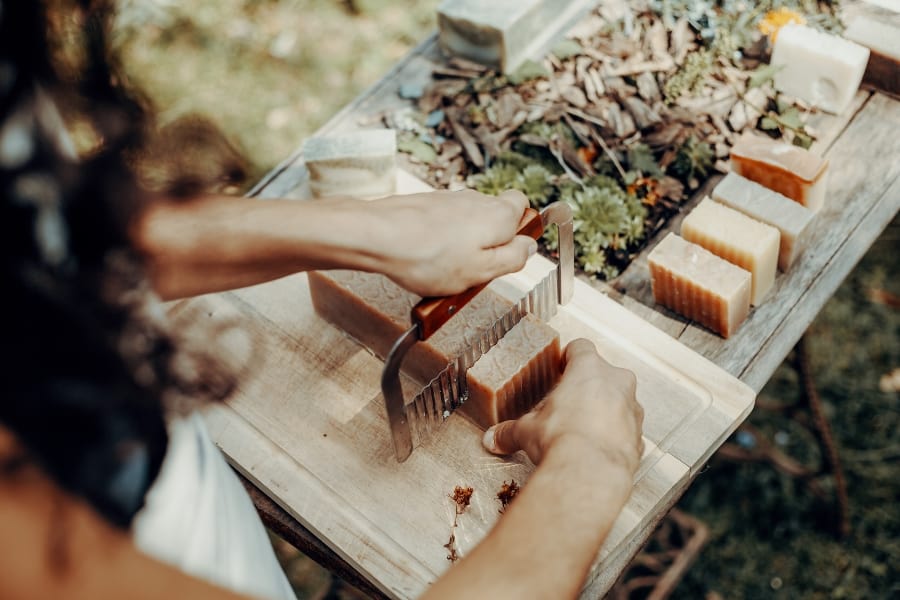
Being able to pick scents, nutrition properties, ingredient amounts, appearance features and more is a great bonus and something you just can’t get with conventional name-brand soaps.
This is a great option for people who may have specific allergies to certain ingredients or if you have any skin conditions or ingredient preferences that need extra TLC.
Final Thoughts
If you’re looking to clean up your beauty routine or simply be more conscious about the products you buy, choosing organic soap is an easy first step.
Unlike with some organic beauty products, with nontoxic soaps, you have unlimited options, especially with brands that allow you to customize.
Frequently Asked Questions
You can tell if soap is organic by checking its label for certified organic ingredients and organic certifications like USDA Organic.
No, organic soap is made with ingredients that are certified organic, and free from pesticides and synthetic fertilizers. Natural soap is made with ingredients that come from natural sources but may not be certified organic.
Typically yes but not always. Organic soap often costs more due to the higher quality and cost of certified organic ingredients and sustainable production methods.


